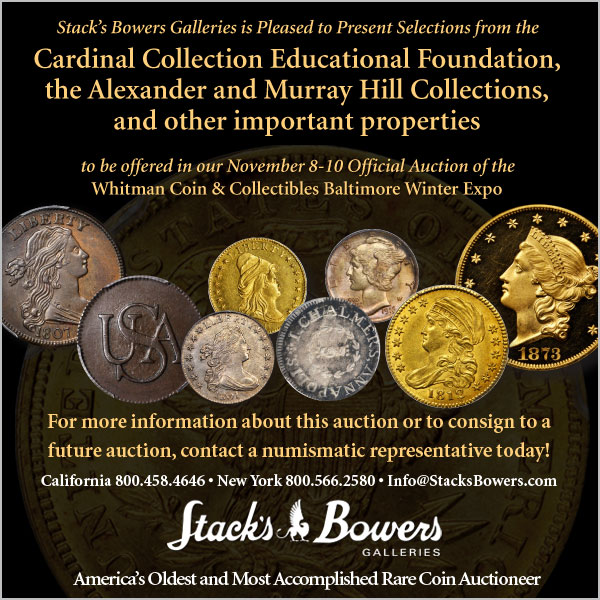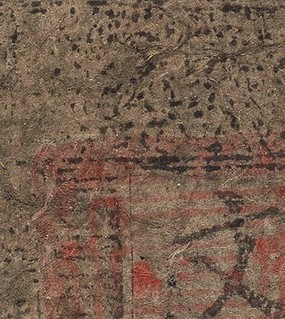
PREV ARTICLE
NEXT ARTICLE
FULL ISSUE
PREV FULL ISSUE
THE ORIGINS OF PAPER MONEYDick Hanscom of Alaska passed along this BBC News article about the origins of paper money. Thanks. It is from the series on 50 Things That Made the Modern
Economy which "highlights the inventions, ideas and innovations which have helped create the economic world in which we live." -Editor
The Book of the Marvels of the World was full of strange foreign customs that Marco claimed to have seen. But there was one that was so extraordinary, Marco Polo could barely contain himself: "Tell it how I might," he wrote, "you never would be satisfied that I was keeping within truth and reason." What had excited Marco so much? He was one of the first Europeans to witness an invention that remains at the foundation of the modern economy: paper money. Of course, the paper itself isn't the point. Modern paper money isn't made of paper - it's made of cotton fibres or plastic. And the Chinese money that so fascinated Marco Polo wasn't quite paper either. It was made from a black sheet derived from the bark of mulberry trees, signed by multiple officials and, with a seal smothered in bright red vermilion, authenticated by the Chinese emperor Kublai Khan himself. The chapter of Marco Polo's book was titled, somewhat breathlessly: "How the great Khan Causes the Bark of Trees, Made into Something Like Paper, to Pass for Money All over His Country". The point is, that whatever these notes were made of, their value didn't come from the preciousness of the substance, as with a gold or silver coin. Instead, the value was created purely by the authority of the government. The genius of this system amazed Marco Polo, who explained that the paper money circulated as though it were gold or silver itself. Where was all the gold that wasn't circulating? Well, the emperor kept a tight hold of that. The Mulberry money itself wasn't new when Marco Polo heard about it. It had emerged nearly three centuries earlier, around the year 1000 in Sichuan, China. Sichuan was a frontier province, bordered by foreign and sometimes hostile states. China's rulers didn't want valuable gold and silver currency to leak into foreign lands, and so they imposed a bizarre rule. Sichuan had to use coins made of iron. Sichuan merchants had a problem, as William Goetzmann explains in his book Money Changes Everything. It was illegal to use gold and silver coins, and impractical to use iron coins. It's no surprise that they began to experiment with an alternative. That alternative was called "jiaozi", or "exchange bills". Instead of carrying around a wagonload of iron coins, a well-known and trusted merchant would write an IOU, and promise to pay his bill later when it was more convenient for everyone. That was a simple enough idea. But then there was a twist, a kind of economic magic. These "jiaozi", or IOUs, started to trade freely. Initially, the government-issued jiaozi could be redeemed for coins on demand, exactly as the private jiaozi had been. This was logical: it treated the paper notes as a placeholder for something of real value. But the government soon moved stealthily to a fiat system, maintaining the principle but abandoning the practice of redeeming jiaozi for metal. Bring an old jiaozi in to the government treasury to be redeemed, and you would receive a crisp new jiaozi. That was a very modern step. The money we use today all over the world is created by central banks and it's backed by nothing in particular except the promises to replace old notes with fresh ones.  Oldest known British Banknote: 1699 To read the complete article, see:  Wayne Homren, Editor The Numismatic Bibliomania Society is a non-profit organization promoting numismatic literature. See our web site at coinbooks.org. To submit items for publication in The E-Sylum, write to the Editor at this address: whomren@gmail.com To subscribe go to: https://my.binhost.com/lists/listinfo/esylum All Rights Reserved. NBS Home Page Contact the NBS webmaster 
|
